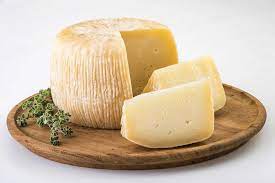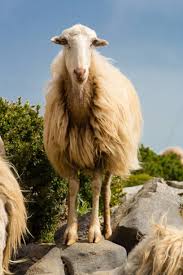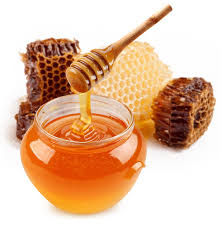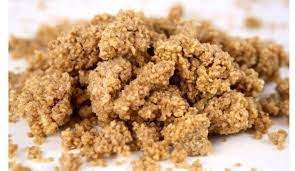The significance of agriculture in Crete for the Cretan population, The role of farmers in Crete, Greece, is of utmost importance, as agriculture has been a fundamental part of the island’s economy and culture for centuries. The unique geographical characteristics and favorable climate of Crete have made it an ideal location for agricultural practices, with farmers playing a vital role in sustaining the local communities and preserving the island’s traditions.
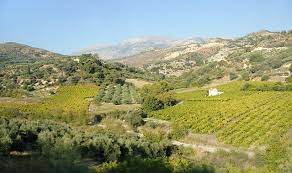
providing optimal conditions for a wide range of agricultural activities. Farmers in Crete
engage in various forms of farming, including olive cultivation, grape farming, vegetable
production, and animal husbandry. Olive groves, in particular, are a defining feature of the
Cretan landscape, with olive oil being a staple ingredient in the island’s cuisine and an
important export commodity.
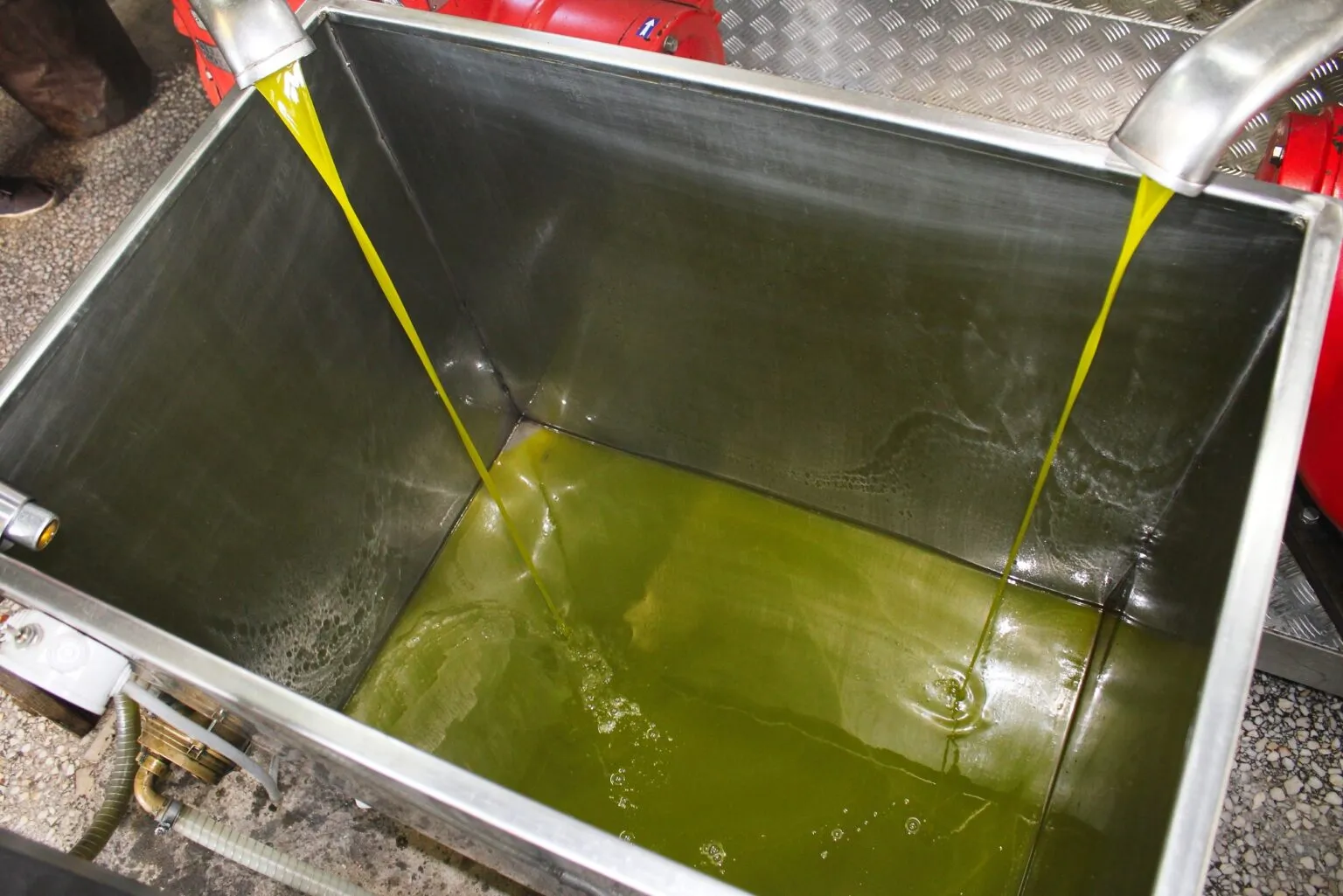
high-quality agricultural products, olive oil. Agriculture in Crete follow traditional farming methods, passed down
through generations, while also incorporating modern techniques to enhance productivity
and sustainability. Farmers in Crete understand the importance of preserving the land and
its resources for future generations, practicing responsible farming and embracing organic
farming practices.

island’s cultural heritage, preserving traditional farming practices and rituals. Many farmers
in Crete still use age-old agriculture in Crete techniques, such as manual harvesting of olives and grape stomping
during wine production, which not only maintain the authenticity of these agricultural
products but also serve as a link to the island’s past.
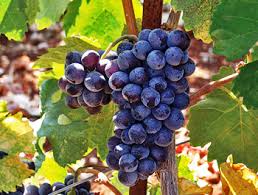
agricultural landscape attracts tourists who are interested in experiencing the rural charm
and authenticity of the countryside. Tourism agriculture in Crete has gained popularity, with visitors having
the opportunity to engage in hands-on activities such as olive picking, grape harvesting, and
cheese making. This interaction with farmers and the agricultural process allows tourists to
gain a deeper understanding of the island’s agricultural traditions and the hard work that
goes into producing the food they enjoy.
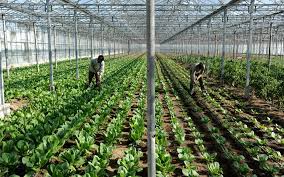
fosters social cohesion. Farmers often form cooperatives or associations, working together
to overcome challenges, share knowledge, and collectively market their products. These
collaborations not only benefit the farmers themselves but also contribute to the overall
development and sustainability of rural communities on the island.
How agriculture in Crete is affected by tourism industry and what are the benefits tourist visitors gain from this? The answer is visitors gain a very best quality of food of Cretan agriculture production! This island is exporting products in far places of Europe such as vegetables, bananas, olive oil, herbs and in lower quantities many other products!
Agriculture in Crete, Greece, is diverse and plays a significant role in the island’s economy. Crete’s climate, with its mild Mediterranean conditions, fertile soil, and ample sunshine, makes it suitable for a wide range of agricultural products. Here are some of the key agricultural products produced in Crete:
- Olive Oil: Crete is renowned for its high-quality olive oil. The island has countless olive groves, and olive oil production is a major industry. Cretan olive oil is known for its rich flavor and nutritional benefits.
- Wine: Crete has a long history of wine production, and several vineyards are spread across the island. Cretan wines are made from various grape varieties and include both red and white wines.
- Citrus Fruits: Oranges, lemons, and mandarins are commonly grown in Crete. These fruits thrive in the Mediterranean climate and are exported to other regions.
- Grapes: Besides wine production, grapes are also grown for table consumption and the production of raisins. Some popular grape varieties in Crete include the white Vilana and the red Kotsifali.
- Vegetables: Various vegetables are cultivated in Crete, including tomatoes, cucumbers, zucchinis, and bell peppers. Many of these are used in traditional Cretan dishes.
- Herbs and Spices: Crete is known for its aromatic herbs and spices, such as oregano, thyme, rosemary, and sage. These are often used to season local dishes.
- Dairy Products: Sheep and goats are commonly raised in Crete, and their milk is used to produce a variety of dairy products, including feta cheese and yogurt.
- Honey: Cretan honey is famous for its quality and unique flavors. Bees feed on the island’s diverse flora, resulting in a wide range of honey varieties.
- Cereals and Legumes: Wheat, barley, and various legumes like chickpeas and lentils are grown on the island.
- Nuts: Almonds and walnuts are among the nuts produced in Crete.
- Herbs for Medicinal Use: Some Cretan herbs are also grown for their medicinal properties, including dittany of Crete, which is renowned for its healing qualities.
- Floriculture: The island also engages in floriculture, producing a variety of ornamental plants and flowers.
Agriculture in Crete is not only vital for the island’s economy but also deeply rooted in its culture and traditions. Many traditional Cretan dishes are made from locally grown ingredients, highlighting the importance of agriculture in the island’s culinary heritage.
- Cretan Herbs.
- Raki or better known as Tsikoudia or liquer drinks.
- Cretan Extra Virgin Olive Oil.
- Cretan Smoked Meat.
- Cretan Cheese.
- Cretan Wine.
- Thyme Honey.
- Xinohondros (Cretan dried soup)
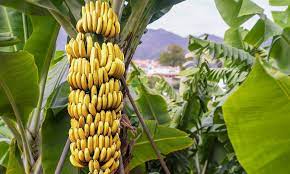
of the island’s agricultural sector, sustaining local communities, preserving cultural
traditions, and providing high-quality products to both locals and tourists. Their dedication,
hard work, and commitment to responsible farming practices ensure the continued
prosperity of Crete’s agricultural landscape. So, the next time you savor the flavors of Cretan
olive oil or indulge in the island’s renowned cuisine, remember to appreciate the farmers
who make it all possible. Crete is one of the destinations a visitor gains experience in production or in tasting flavors, enjoy your stay!
